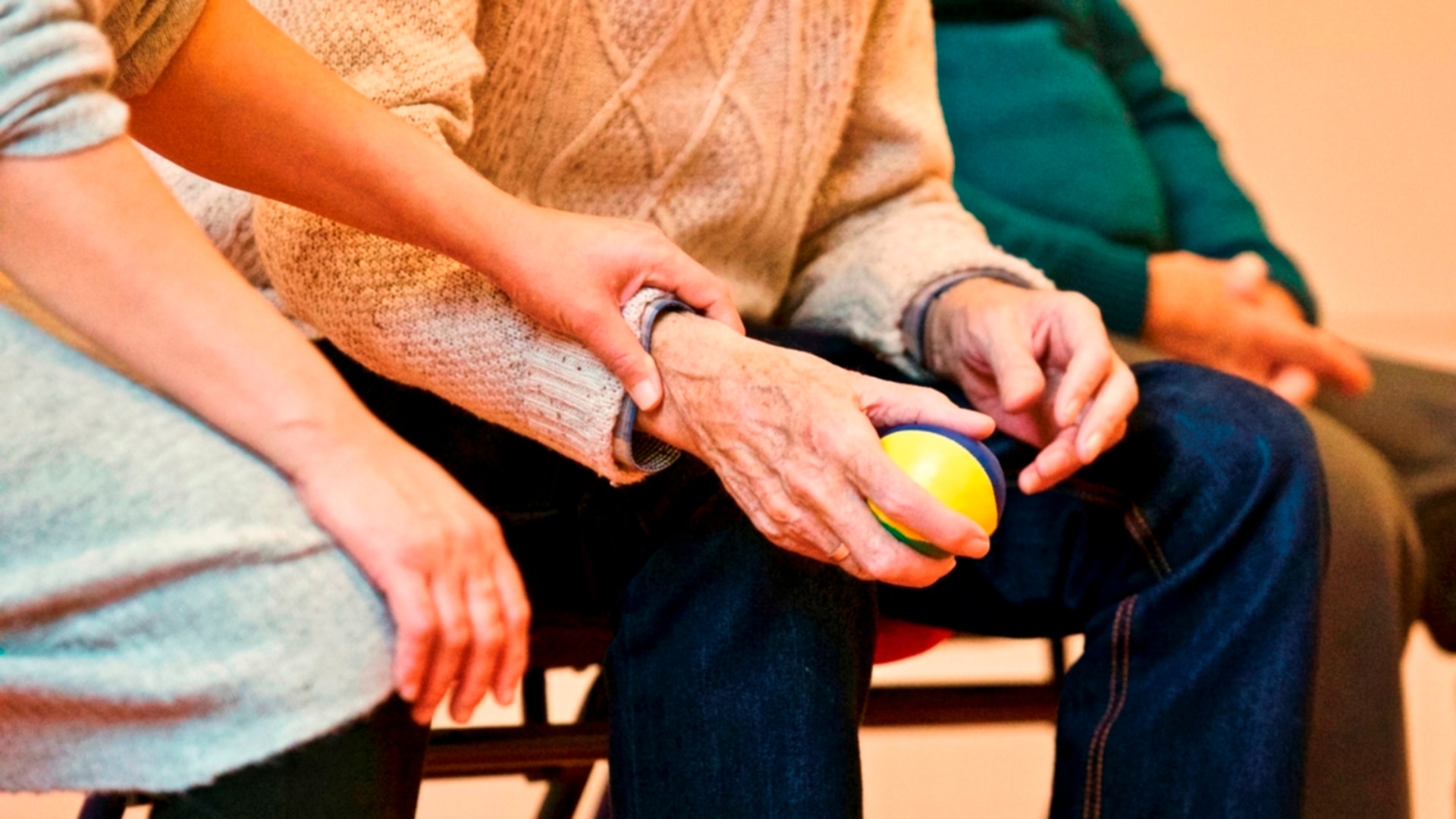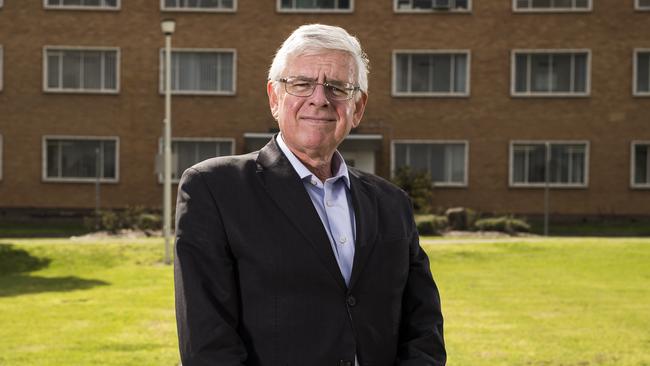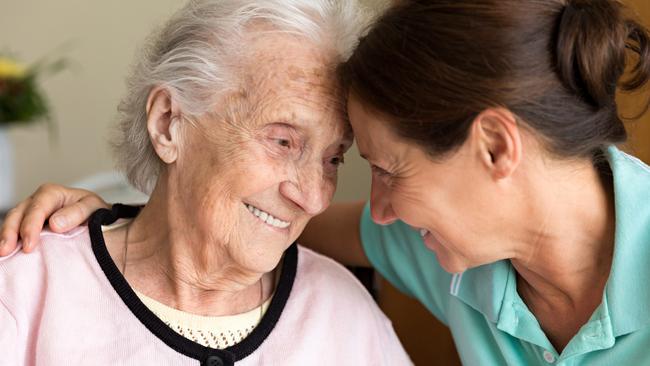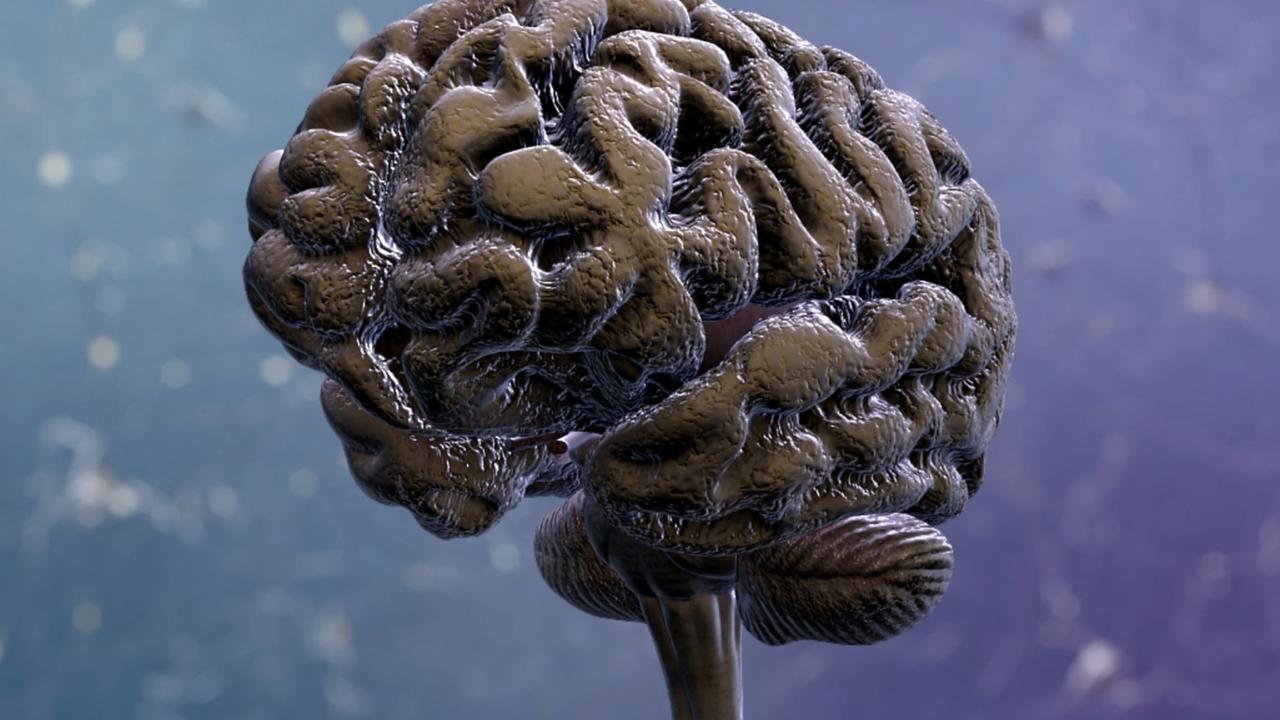Four big risk factors for dementia
Dementia will soon overtake cancer and cardiovascular disease, as our biggest killer. See experts’ advice and what Aussies can do to lower their risk.

Dementia
Don't miss out on the headlines from Dementia. Followed categories will be added to My News.
Within five to 10 years people most at risk of dementia could be given preventive drugs to ward off the disease.
However expert Associate Professor Michael Woodward warned people should not “wait for a wonder drug”, but start respecting their brain, by exercising it, like they would their body.
“We need to start treating our brain with the same amount of respect as we do our heart,” Prof Woodward said.
A Body+Soul Health of the Nation survey found Australians named dementia as the illness they most feared as they age. It will soon overtake cancer and cardiovascular disease, as our biggest killer.
Prof Woodward said four big risk factors for cognitive decline are diet, exercise, mental activity and social engagement.
He said Australians should concentrate on getting those right by following a Mediterranean diet, exercising 200 minutes a week, working their brain for 30 minutes a day and fostering an active social network.

The Lancet Commission recently added elevated cholesterol and poor vision to its list of risk factors for dementia, which include, less education, hearing loss, hypertension, smoking, obesity, depression, physical inactivity, diabetes, excessive alcohol consumption, traumatic brain injury, air pollution, and social isolation.
Other research suggests poor sleep is a risk factor, while another study found having the Shingles vaccination can help protect people.
He said evidence shows that those who have been diagnosed with mild cognitive impairment can stave off its progression or Alzheimer’s by changing their lifestyle, because it is never too late.
He said signs that there is a problem brewing include constantly misplacing objects, forgetting what happened yesterday, or even 15 minutes ago, repeating yourself and having trouble navigating when driving.
“You need to go to your GP if memory problems are really affecting your life,” Prof Woodward said. “There are drugs that can modify the disease, especially if used at an early stage.”
He also advised people who are diagnosed to apply for one of the many drug trials that are ongoing at the moment, which could help.
Prof Woodward, the Dementia Australia Honorary Medical Adviser, knows first-hand how horrible the disease is having watched his mother and mother-in-law die from it.
“In the more advanced stages dementia can often mean you need full time care, you have little awareness of the people who you have loved and lived with everyday for years and you can develop paranoia or delusions.
“It’s not a nice disease.”
Prof Woodward said having turned 70, which is when mild cognitive impairment is typically diagnosed, he is trying to beat it by exercising two hours a day, looking after his diet, doing radio interviews to keep his brain mentally agile and enjoying an active social life.
National Dementia Helpline 1800 100 500 (24 hours, 7 days a week) or visit dementia.org.au.
MORE: Exclusive offers to help you get healthier
MORE: Get the Kic app on a month-long free trial
MORE: Enter our Health of the Nation giveaway
TOP TIPS TO PREVENT OR SLOW DOWN DEMENTIA
Exercise
People who are physically active throughout their lives, particularly from age 65 on, are less likely to develop dementia. Do a mix of aerobic, resistance or weight training, and flexibility and balance exercises for 30 minutes a day.
Alcohol
Don’t smoke and drink no more than 10 standard drinks a week or 4 standard drinks a day.
Be social
Loneliness and depression are linked to a higher risk of cognitive decline. Build a social network, join in group activities.
Protect your head
Having a severe head injury, or repeated blows to your head over time, can lead to a condition called chronic traumatic encephalopathy (CTE), which can result in dementia. Wear helmets and safety gear when playing sport or riding a bike. Minimise your risk of falls inside and outside the home.
Heart health
Your heart health and brain health are connected. Get regular health check-ups, monitor your blood pressure, cholesterol and blood glucose levels.

Challenge your brain
Mental exercise means giving your mind a mix of interesting, challenging, fun things to do such as reading, crosswords, puzzles, games, painting, playing an instrument and learning a language.
Sleep
Sleep helps you form and strengthen new memories and form new brain cells, and may play a role in clearing harmful toxins from your brain. Get seven to eight hours a sleep a night.
Hearing and vision
People with mild hearing loss are twice as likely to develop dementia, those with severe hearing loss are up to five times more likely. There’s also research showing a link between vision impairment and dementia. Have regular eye and hearing tests. Protect hearing from excessive noise.
Depression
Feeling sad or down is normal, but it can stop you being active and healthy. Seek help from your GP.
Nutrition
If you eat well, you have a healthier heart, body and mind.
Source: Dementia Australia
More Coverage
Originally published as Four big risk factors for dementia





